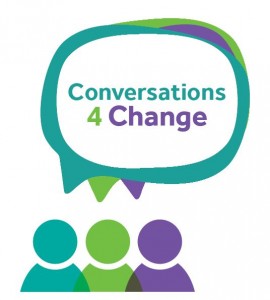Haringey’s Early Help and Prevention Service has set up a working party to develop an integrated practice approach which will offer a range of preventative interventions to schools and early years settings in Haringey. Through school engagement with linked family support workers, evidence is increasing of particular themes and issues such as behaviour, transitions, housing, worklessness, gangs, child sexual exploitation and mental health which are causing you concern for your families. We want to improve the join-up between council services, the voluntary sector and other community organisations to reduce the risk of escalation and potentially statutory or acute interventions. As a result, we are creating a ‘Menu of Interventions’, targeting settings for under 5s right up to 18 years, offering workshops and support for children, staff and parents. We are really keen to involve head teachers or senior staff who are interested in contributing to this work, in a short workshop which will help shape an offer which meets the needs of schools and families.
School Nursing, School Counselling, the Anchor Project, Young Minds, Homes for Haringey, Violence against Women and Girls (VAWG), Insight (Substance Use), Community Safety, Child and Adolescent Mental Health Service (CAMHS), Department for Work and Pensions (DWP), Parent-Infant Psychology Service (PIPS) and the Healthy Child Programme have already come together to develop this broad, preventative offer. We now need to obtain the schools' perspective to focus and direct our next steps.
Together, partners are designing the content of new workshops to address gaps in need and have committed to working in partnership to plan and deliver their programme in your settings. By collaborating around key themes we will support settings effectively as a partnership, as well as raise awareness and signpost to existing projects or programmes that support children, staff and families. We are all working towards improving children’s lives and to prevent the escalation of risk, building resilience, and supporting parents at an early stage to get the help they need.
The workshop will take place on 13 March from 11am-1pm at River Park House, 255 High Road, Wood Green, London N22 8HQ. If you are interested in taking part in this, please email: dawn.hunt@haringey.gov.uk, or telephone 020 8489 2403.

